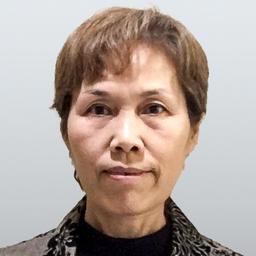Xinjiang’s Communist Party secretary Chen Quanguo for the first time on April 2 openly responded to the campaign to boycott Xinjiang cotton, which had been gaining traction among big corporations.
“Some forces concocted and propagated a large number of lies and false information about Xinjiang to smear Xinjiang’s image,” Chen said, touting “Xinjiang’s story” as one of the most successful human rights stories in history.
He made the comments during a ceremony to receive a foreign delegation of diplomats from over 20 countries led by Secretary-General of the Shanghai Cooperation Organization (SCO) Vladimir Norov, the former foreign affairs minister for Uzbekistan. The group were in Xinjiang from March 30 to April 2.
Six months later, the Communist Youth League of China issued an official statement on March 24 calling on Chinese people to boycott Western brands such as H&M, Nike, and Adidas because they had joined the campaign to boycott the use of Xinjiang cotton.
Chen’s Bloody History
According to London-based organization Free Tibet, Chen, during his tenure as the party boss in Tibet between 2011 and 2016, gained rich experience in how to tighten the CCP’s grip on minority groups.Chen ordered increased police checkpoints and state control over Buddhist monasteries, implemented “grid management” in communities, and intensified Tibet’s surveillance network.
After he took office in Xinjiang in 2016, he implemented detention on a large scale, and quickly reproduced the iron-handed management model he implemented in Tibet in his new territory.





